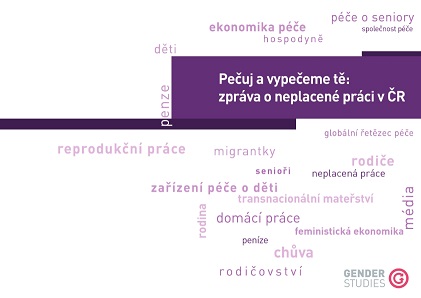
We kindly inform you that, as long as the subject affiliation of our 300.000+ articles is in progress, you might get unsufficient or no results on your third level or second level search. In this case, please broaden your search criteria.

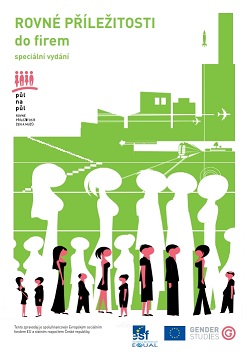
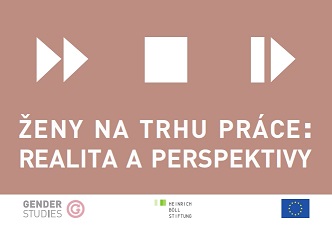
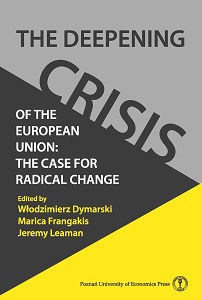
In this chapter the focus is on the specific influence of the crisis on the countries of Central and Eastern Europe. Author reveals significant contrasts between the macroeconomic performance of CEE economies since 2007, with severe, two-digit recessions in the Baltic states and uninterrupted growth in Poland, underscoring the relative vulnerability of the smaller economies with its stronger domestic demand factors. However, even in those economies that show some signs of recovery, chronic levels of youth unemployment indicate serious challenges for both domestic and European policy-makers.
More...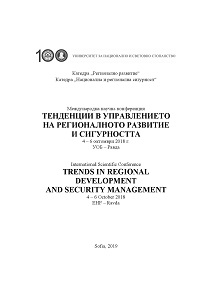
The article´s goal is to show some main problems in front of the social care system in Bulgaria, using empirical survey among social services management personal. On that basis, are outlined some risk factors for the quality of management of Bulgarian social services. This conclusion is compared with content analysis of the sector strategies for the Bulgarian districts and current legislation in the sector. The paper shows which management problems do not find solutions in the regional strategies and defines them as a risk for social service system sustainability.
More...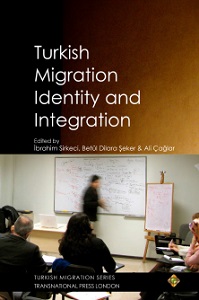
Germany’s Turkish communities have long been at the centre of vibrant political, academic and public deliberations. During the guest-worker years and the family reunification period that followed, and throughout their emergence as fixed attributes on German cities’ landscapes, Turks secured a firm place in debates in a Germany that was a reluctant and hesitant country of immigration. In recent years, they have been the prime focus of discussions and reflections on integration, citizenship, multiculturalism, segregation, social cohesion and the place of Islam in Germany. On the whole, the history of Turkish migration to and subsequent settlement in Germany during the post-1960s era has conventionally been associated with economic exploitation and hardship, residential difficulties and segregation, educational underachievement, confusion, uncertainty, shortsighted political strategies and ad hoc social provisions (Herbert, 1986; Abadan-Unat, 2011). Turks have gradually come to be perceived as the ethnic minority group least likely to achieve integration into German society, and as recognizable and clear Ausländer.
More...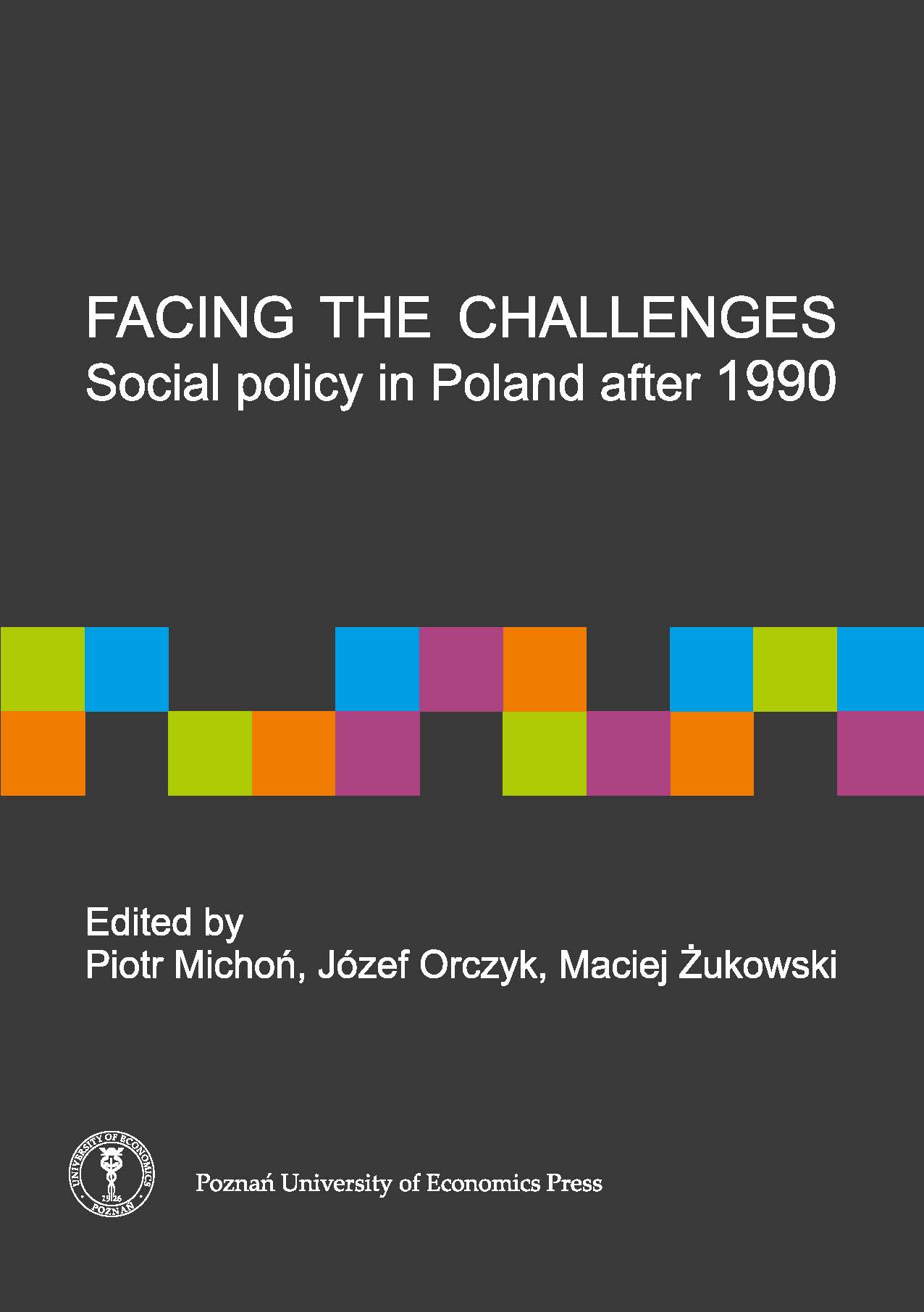
The aim of this paper is to present a changing nature of the Polish labour market in and after 1990s, employment and unemployment level and structure in Poland post-1990, labour market policy in Poland, assurance of social security to the unemployed issue, activation of the unemployed issue.
More...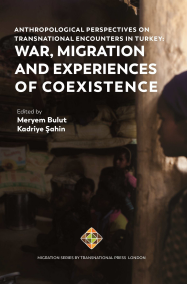
Without doubt, every migratory wave begets serious problems with many dimensions in the fields of education, employment, integration, or gender issues. A recent mass migratory move, if more numerous, can cause delays in policies towards an older refugee group. The Syrian war and the subsequent mass migration towards Turkey channeled both academic and administrative focus towards this group. As the transformative power of migration increases, so does the academic interest in this topic. In this respect, we can understand the abundance of research on Syrians compared to the paucity of studies on African refugees as a reflection of the size and impact of the Syrian stock and flows.
More...
People who fled their countries of home voluntarily or forced have been described as refugee, migrant, and person with temporary protection in the countries hosting them. The challenges faced by these uprooted people seeking security have forced many countries to develop and formulate new migration, asylum, and refugee policies.
More...
The paper is organized as follows. The first section starts by setting out the outline of the context of long-term care (LTC) utilization in Poland, i.e. the predominance of informal care. The next part of the paper draws on collected data, presents policies concerning LTC in Poland. Data on social policies on LTC in Poland were compiled from figures given by national bodies, predominantly the Central Statistical Office and the Ministry of Labour and Social Policy. Due to limited space, only the main aspects of these social policies are considered. For example, the paper does analyze those policies directed at supporting family carers, which are in fact, very modest. The next section focuses on the various policy options that Polish authorities may wish to pursue in their attempts to ameliorate the problems associated with publicly financed LTC services. The final section concludes.
More...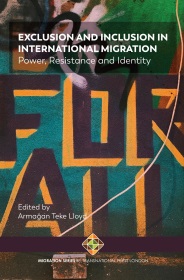
Nepal is relatively a new entrant to global labour markets. Nevertheless, over the past few decades, a huge portion of its population has migrated abroad for employment, changing the image of Nepal from a country of “global warriors to global workers” (Rajauriya, 2015). In particular, the political change of 1990 that ushered Nepal into a multiparty democracy triggered the globalizing processes. Unlike during the King’s regime, obtaining passports became easier even for general people, affording them more agility and freedom to travel outside the country (Tiwari & Bhattarai, 2011). Further, the government formed after the 1992 elections embraced a policy of fast-paced economic liberalization, connecting Nepal with global economy and global labour markets (Labour Migration for Employment Report: 2014).
More...
On the night of the 15th March 2018, the neighbourhood of Lavapiés in Madrid was literally on fire. A burst of rage swelled the streets as the district became a battlefield. That night, Madrid was raising its voice for Mame Mbaye, a black African resident that died just few hours ago running from a police identity control. A migrant insurrection broke out against these racist controls that had been increasingly happening in the neighbourhood since Mame arrived fourteen years ago. This time it was Mame, but it could have been any of the migrants that were claiming justice that night. The night of the 15th March was an explosion of urban rage in which Madrid claimed not to be a border anymore. In a later interview, Mame’s friend Serigne stated: “In Madrid you live with fear. Every morning we joke and say each other: ‘Have a good breakfast because you never know if you will ever be back home for lunch”.
More...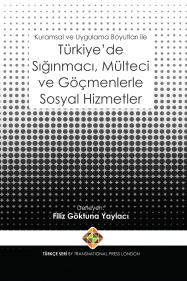
Sığınmacı ve göçmenlerle sosyal hizmet konusu genellikle kuramsal temellerden yoksun bir müdahale anlayışı ile ele alınmaktadır. Sosyal bilimlerin göçün nedenlerini ve sonuçlarını anlamaya ve göç sürecini şekillendiren ağların ve ulusaşırı toplumsal alanların nasıl inşa edildiğini açıklamaya dönük çabasının sosyal hizmette kuramsal bir karşılığı genellikle yoktur. Sosyal hizmet daha çok sığınmacı ve göçmenlerle çalışmada beceri odaklı bir perspektife sahip görünmektedir ancak müdahale ve beceri odaklı uygulama son çözümlemede kuramsal bir arka plana yaslanmak zorundadır. Sosyal hizmetin uygulamaya olan aşırı vurgusu ve uygulamadan doğan bilgi ve veriyi yeterince teorize edememiş ve düşünümsel bir alan yaratamamış olması göç ve sosyal hizmetin kuramsal temellerine dair etraflı bir çalışmayı mümkün kılmamaktadır. Bu bölümde sığınmacı ve göçmenlere dönük sosyal hizmet uygulamalarının kuramsal arka planı ve temellerine girizgâh niteliğinde bir tartışma yapılmaya çalışılmıştır.
More...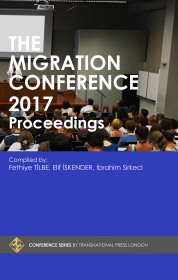
From an Australian perspective, which can be extended to other countries’ migration frameworks, this study raises the notion that “uncertainty” negatively modulates systemic issues in recurring themes of human security violations, fraud and non-integration. Such understanding could lead to insights into migrants’ decision-making processes resulting in the subsequent use of unintended pathways. Literature and case study reviews were undertaken, coupled with a quantitative approach analysing retrospective data from the Department of Immigration and Border Protection and the Australian Federal Police to determine the ineffectiveness of current legislative tools that do not take certainty into account and to determine the impact of uncertainty on migrants in Australia’s migration program as a receiving country. Practical recommendations are presented for consideration by policy-makers to ensure certainty for the migrant, including; to combat human security violations via the provision of visa pathways for applicants to remain after lodging a complaint, ensuring that both employment and human securities can co-exist; to effectively control fraud via the removal of discretion, ensuring certainty in pathways of decision-making processes to combat unintended pathways; and finally, the permeation of certainty throughout the migration program, ensuring that steps to attain citizenship are not out of necessity but instead a step towards successful integration.
More...
This paper aims to disclose the consequences that the system designed by the Catalonian agricultural union “Unió de Pagesos” to recruit, import and distribute foreign labor produces, a subject deprived of its liberties and fundamental rights. Once the model of family farming was substituted by an industrial agricultural system of production, the agricultural union, with the consent of the State, reinvented itself as a provider of services related with the acquisition of manpower through this system - as we designate the set of practices that materialize the recruitment of foreign workers abroad and their concentration is lodgments controlled by the Union. The State’s migration polity is responsible of the emergence of such a system, and we can trace its origin in the symbiotic relation between the State and the union, whose intereststhe social control of the foreign worker and the just in time delivery of labor- are harmonized in it.
More...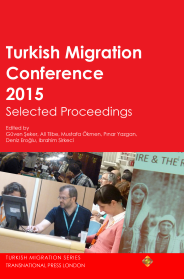
As a country being a stage for a variety of migratory movements for many years, Turkey, until recently, did not have a comprehensive migration and asylum policy which takes into account of the realities of those movements and responds accordingly. The need for such policy has brought with it the efforts to develop a migration regime of which the new Law on Foreigners and International Protection (LFIP) is an essential element. The factors which played a role in the growing need for a migration and asylum policy are the increasing number of irregular migrants in the country and the deterioration of the Syrian refugee crisis. The lack of a comprehensive migration and asylum policy has loomed large when the country is a stage for mass migration movements.
More...
Turkish community living abroad amounts to more than 5 million people, around 4 million of which live in Western European countries, 300 thousand in North America, 200 thousand in the Middle East and 150 thousand in Australia (MFA, 2015). The common goal of first wave of Turkish “guest workers” was to collect capital to start a small business in Turkey. Most of the guest workers left their families behind in Turkey.
More...
The fairly sizable Kurdish community in Western Europe, particularly in Germany, has been a focus of scholarly interest for some time now. But Kurds are also present in other parts of Europe, where they have received much less attention. One such community has settled in the Czech Republic. Small in size, it has nevertheless taken an organized approach to promoting its interests in the public sphere and is connected, to some extent, with the broader diaspora of Kurdish nationals in other countries, and with the homeland(s). Particularly in recent decades, globalization and its attendant phenomena have made it easier to pursue domestic politics while abroad. Before the 1989 revolution, the former Czechoslovakia (CSSR) supported various Middle Eastern associations - some terrorist in nature - whose members often resided in Czechoslovakia. Many Middle Eastern communities became established, as well, including the Kurdish community
More...
Bu makale, Ankara Anlaşması olarak bilinen Avrupa Topluluğu Ortaklık Anlaşması’dan (European Community Association Agreement - ECAA) Britanya’da yararlanan kişilerle yapılan görüşmeler neticesinde şekillendirilmiştir. Ankara Anlaşması yoluyla oturum almanın, göçün değişen karakteri ve göç etmeyi zorlaştıran düzenlemeler bağlamında “yeni bir göç yolu” olduğu makalenin iddialarından birisidir. Makalede üzerinde durulacak bir başka husus ise, göçe sebep olan çatışmaların göçten sonra da başka şekillerde devam ettiği ve bunun da insan hareketliliğini artırdığı görüşüdür.
More...
Türkiye kuruluşundan bugüne önemli ölçüde iç ve dış göç deneyimi yaşayan bir ülkedir. Geçmişte Türkiye açısından en büyük dış göç dalgaları olarak, özellikle Balkanlardan (Yunanistan, Bulgaristan ve Bosna gibi) Türkiye’ye gelen göçmenler ve Türkiye’den Avrupa ülkelerine yönelen işçi göçü ifade edilebilir. Dolayısıyla, dış göç çerçevesinde ülke farklı dönemlerde hem dış göç alan, hem de dış göç veren bir konumundadır. Ancak özellikle 1990’lı yıllardan itibaren küresel ve bölgesel gelişmeler bağlamında Türkiye’nin daha çok dış göç alan bir ülke haline geldiği dikkati çekmektedir. Bu süreçte ayrıca göçmenler ve mülteciler için Türkiye’nin güney-kuzey ve doğu-batı ekseninde transit geçiş ülkesi olma konumunun da giderek belirginleştiği görülmektedir.
More...